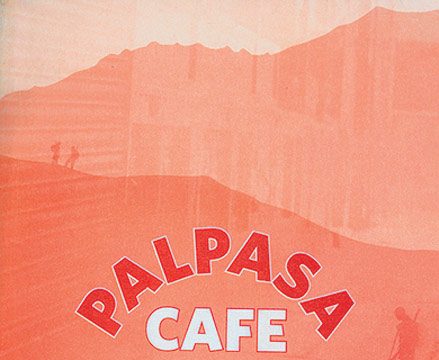The prologue and epilogue of Narayan Wagle’s Palpasa Café are a tag team of stilted constructs eager to begin and end the story, but that is insufficient reason to let Palpasa Café be. Indeed, it offers among the edgiest insights into modern-day Nepal, a country many Indians still dismiss in arrogant afterthought.
Some conversations between the protagonist, the intense, Kathmandu-based painter, Drishya, and his love interest, the bright and idealistic, ‘non-resident’ Nepali, Palpasa, is enough to make you want to wring their necks.
But before all of that, Drishya’s journey draws you in: urged by a childhood friend-turned-Maoist rebel to delay the pursuit of Palpasa to absorb nuances of his war-torn country. A country made desolate by those who play with power with the same felicity as, Palpasa feels, Drishya plays
with paint.
Palpasa Café was first published in Nepali in 2005, when Narayan Wagle and the paper he edited, Kantipur, had already invited the ire of the warped then-king, Gyanendra and his band of government thugs. They were — and have since been — squeezed by Maoist vigilantes. Wagle’s cutting observations of the two political extremes, a light touch with words as well sexual attitude, and utterly courageous empathy with the state of his nation, ensured major success for the novel.
The English translation has the promise of the Nepali original. Passages from Drishya’s travels in the hills of his childhood, when, faced with the wretchedness of war, he is forced to deconstruct his past through the death or dislocation of familiars, are wrenching, and as good as anything you will read. And, while I wouldn’t call this an anti-war book, that’s a quibble with an over-energetic blurb, not the work. At Palpasa Café, you could smoothly linger over a chiya (Nepali tea).
I stayed for several.
Love in the time of war
A book that focuses on the civil war that plagued Nepal in the recent past

Love in the time of war
Love in the time of war



